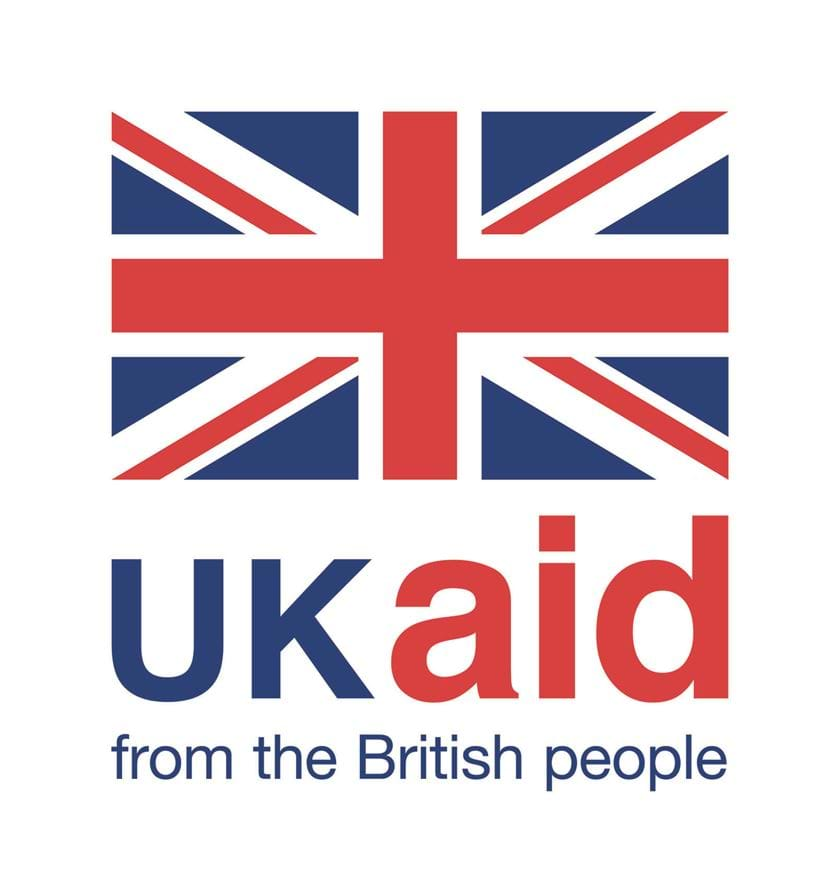Developing entrepreneurship: Women and economic growth

Our multi-million pound Women’s Economic Empowerment Programme in Pakistan is funded by the UK Government’s Department for International Development (now called the Foreign, Commonwealth & Development Office (FCDO) as of 2 September 2020). We take a closer look at our multi-pronged approach to this work, through a five-part blog series covering:
- Quality training
- Developing entrepreneurship
- Linking businesses to market
- Financial inclusion for all
- Access to decent jobs
Developing entrepreneurship: Women and economic growth
There is no doubt that women entrepreneurs are change-makers in both economic and social terms, and our new initiative will help thousands launch sustainable new enterprises in Pakistan.
As former United Nations Women’s Executive Director Michelle Bachelet has pointed out, female entrepreneurs are more important than ever in strengthening communities. By developing entrepreneurship as an alternative to traditional jobs, we must recognise the value of investing in business and vital work skills. This is crucial in light of growing evidence that women entrepreneurs reinvest their profits in education and the local community, lifting their families out of the crushing cycle of poverty.
Such is the significance of the female role in sustainable economic growth that the Global Entrepreneurship Monitor (GEM)* estimates that 126 million women are running new businesses worldwide, with a further 98 million in charge of established firms. But while this progress must be welcomed, there is still a wide gulf in gender equality. GEM reports that female earning rates equal those of males in just seven countries worldwide – Panama, Thailand, Ecuador, Ghana, Nigeria, Mexico and Uganda. At the opposite end of the scale, women’s earnings in Pakistan barely register at all.
There are numerous reasons for this, and a study in the British Journal of Education, Society and Behavioural Science** found that women in Pakistan are severely restricted by a lack of finance and mobility, as well as discrimination and family pressures. In addition, women have too few role models and not enough guidance, with men continuing to control trade and markets.
However, the study concluded that women in Pakistan have great potential to transform the national economy if their entrepreneurial spirit is properly tapped. In keeping with these findings, our women’s Economic Empowerment Project seeks to unleash this potential, by ensuring women receive the necessary support to build the entrepreneurship skills needed to develop successful businesses. This includes connecting women with mentors, micro-finance institutions and existing entrepreneurs.
A fundamental aspect of our new programme is the provision of robust follow-up support to ensure that women are given the chance to problem-solve, seek guidance and advice, and to access finance to set up and grow their businesses.
By the end of the programme we hope that sustainable enterprises will be established by 4,000 women whose endeavours will ultimately help to transform their communities for the better.
Anjana Raza, Head of Pakistan & Technical Lead Education Programme, British Asian Trust
In the next installment, we will look at how our works facilitates linkage to market and employers for women who are trained and need to access jobs, or who are selling goods.
*Global Enterprenuership Monitor
**British Journal of Education, Society and Behavioural Science

